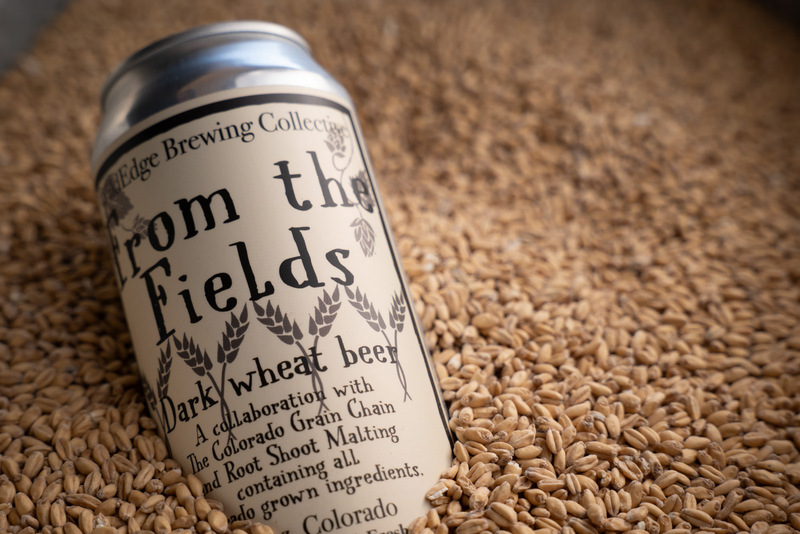
How do hops improve food safety? How does dry hopping impact the proteome of brewing yeast? World hop specialist BarthHaas will help fund the answers to these questions via the 2024 BarthHaas Grants.
“I am very pleased with the scientific commitment of both teams and am excited to see their results,” Dr. stated Christina Schönberger, head of the BarthHaas Brewing Solutions team. “Many of the projects we have supported in recent years have led to completely new insights.”
A lot has happened in hop research in recent years. Since 2007, the annually awarded BarthHaas Grants have supported groundbreaking scientific projects at universities and research institutes. In many cases they have served as seed capital: Many successful projects attracted wide attention and could then be continued with public funding.
Last year, BarthHaas Grants went to Dr. Nils Rettberg and Florian Schrickel of the Research Institute for Raw Materials and Beverage Analytics at the Research and Teaching Institute for Brewing in Berlin (VLB), who are investigating how the quality and stability of intensively hopped beers can be enhanced by means of high-pressure non-thermal pasteurization processes.
BarthHaas Grants for hop research in 2024
This year’s BarthHaas Grants (a grant of 10,000 euros each) were awarded to …
- Scott Lafontaine, Assistant Professor in Food Chemistry at the University of Arkansas, and
- the research team Mariana Carvalhal Pinto, Philip Wietstock and Brian Gibson, who work at the Technical University of Berlin.
Scott Lafontaine and his team are investigating whether and to what extent hops and hop products can increase food safety when used in alcohol-free beverages – particularly as it pertains to alcohol-free beer. The background to this is the trend towards a healthier nutritional style, which is also boosting the demand for alcohol-free alternatives. The new study researches the effect of different hop products on pathogens found on foods.
The studies carried out by Mariana Carvalhal Pinto, Philip Wietstock and Brian Gibson examine the impact of dry hopping on the proteome (the protein composition) of brewing yeasts. The research is based upon the knowledge that dry hopping not only improves the aroma and taste of beer, but can also compromise the vitality and fermentation performance of yeasts.






Leave a Reply
You must be logged in to post a comment.